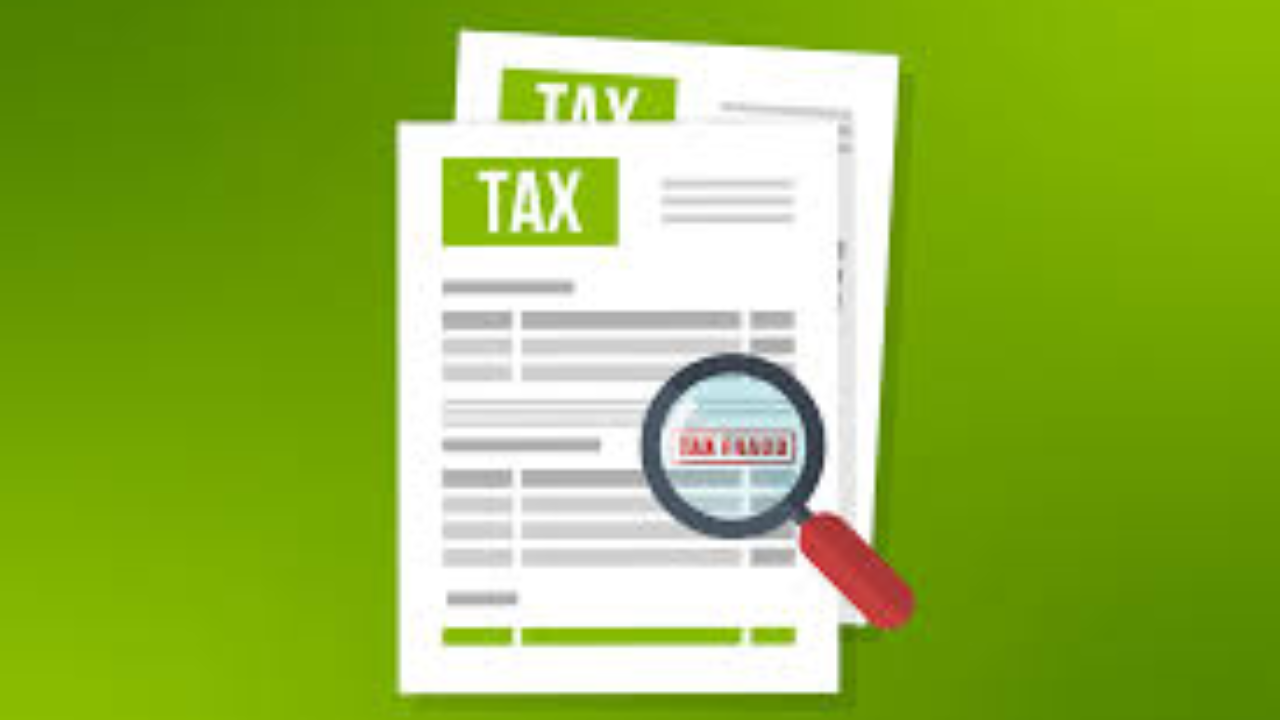Major Tax Relief for Retirees: Income Tax Bill 2025 Grants Full Exemption on Commuted Pensions
Thank you for reading this post, don't forget to subscribe!The Income Tax Bill, 2025, which recently passed the Lok Sabha, is set to bring a significant change to how retirees’ commuted pensions are taxed. The bill grants a full tax deduction on commuted pensions for all taxpayers, regardless of their employment status. This change addresses a long-standing disparity and provides a more equitable tax framework for retirement savings.
What’s a Commuted Pension?
A commuted pension is a lump-sum payment received by a retiree in exchange for giving up a portion of their regular monthly pension.
The Key Changes:
- Equal Treatment for All: Previously, a full tax exemption on commuted pensions was mainly available to salaried employees. The new bill extends this benefit to everyone, including self-employed individuals and private sector workers who have invested in approved pension funds.
- New Tax Provision: The bill introduces Section 93(1)(g) to cover non-employees. This new provision explicitly allows for a full deduction under “Income from Other Sources” for those who are not salaried employees but have invested independently in approved pension schemes. This means a self-employed professional can now claim the same tax benefit as a retired government employee.
- Clarity for Nominees: The new framework also clarifies the tax position for nominees who receive a commuted pension after the death of the original investor, resolving previous ambiguities.
- Encouraging Retirement Savings: By ensuring a clear and equitable tax treatment for lump-sum withdrawals, the bill is expected to encourage greater participation in approved pension schemes.
The new provisions will take effect after receiving the President’s assent, with potential application for pension payouts as early as the financial year 2025–26. This move is being hailed by tax experts as a positive step that not only resolves ambiguity but also promotes fair tax treatment for all retirees.

















